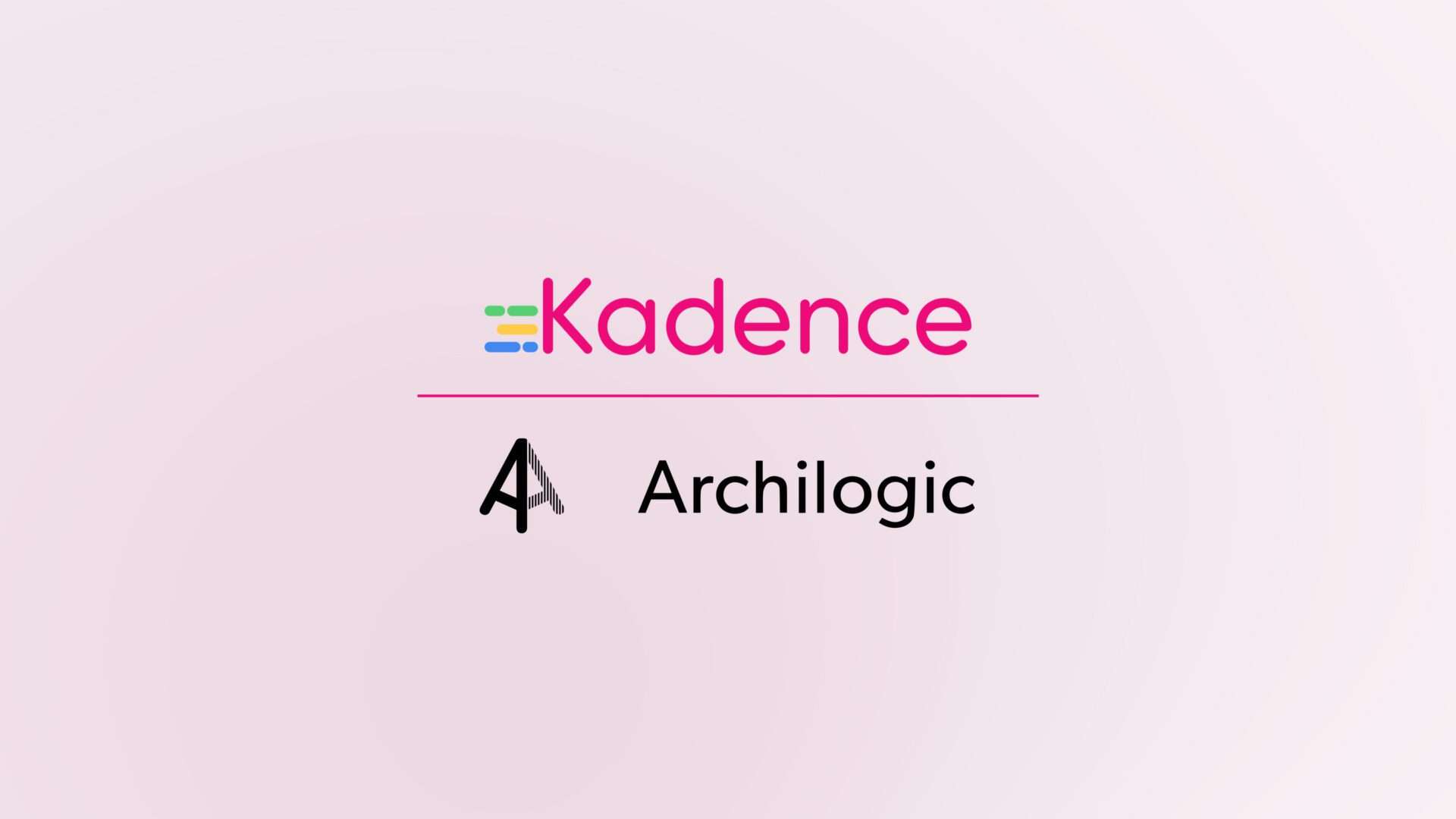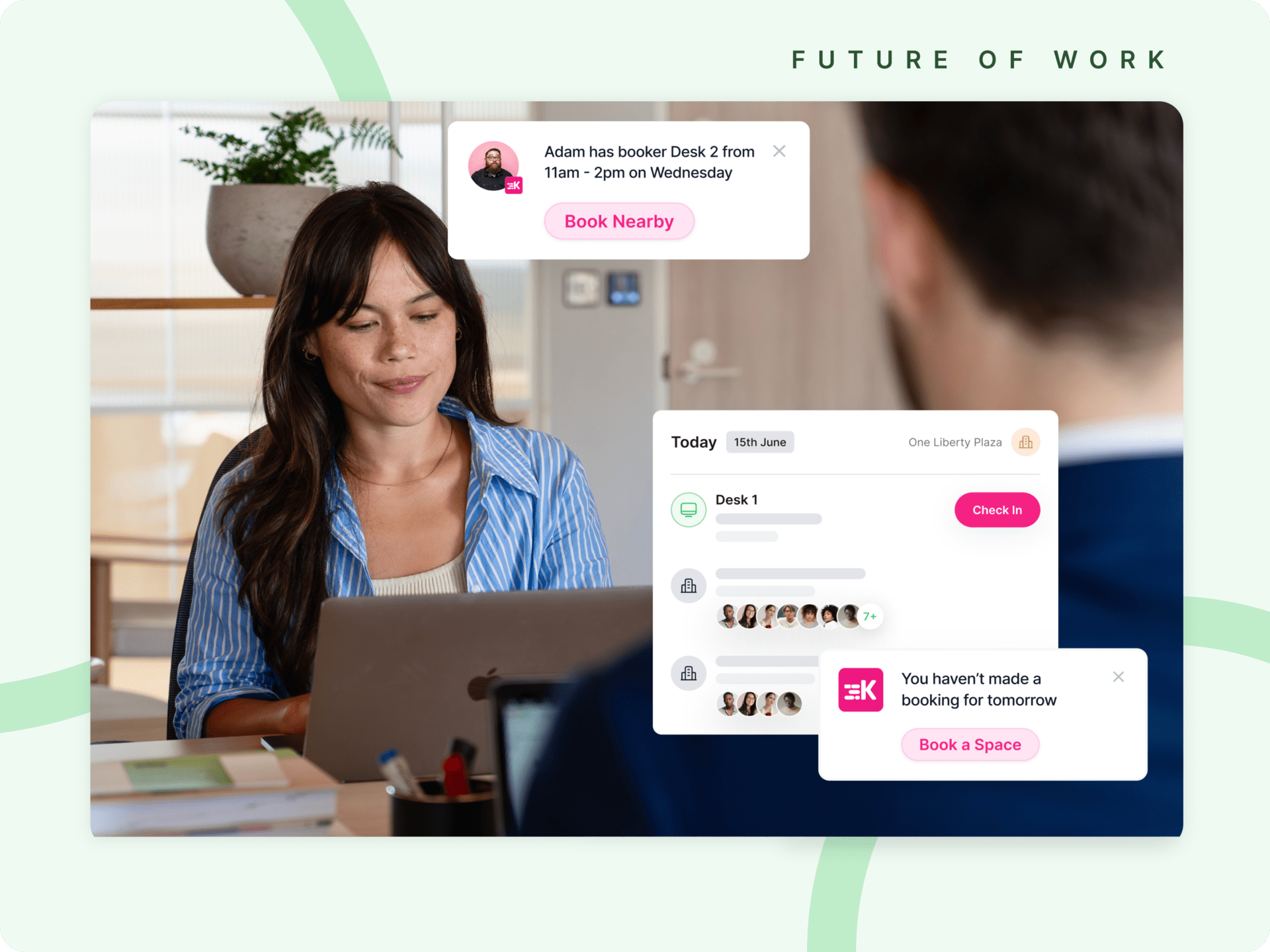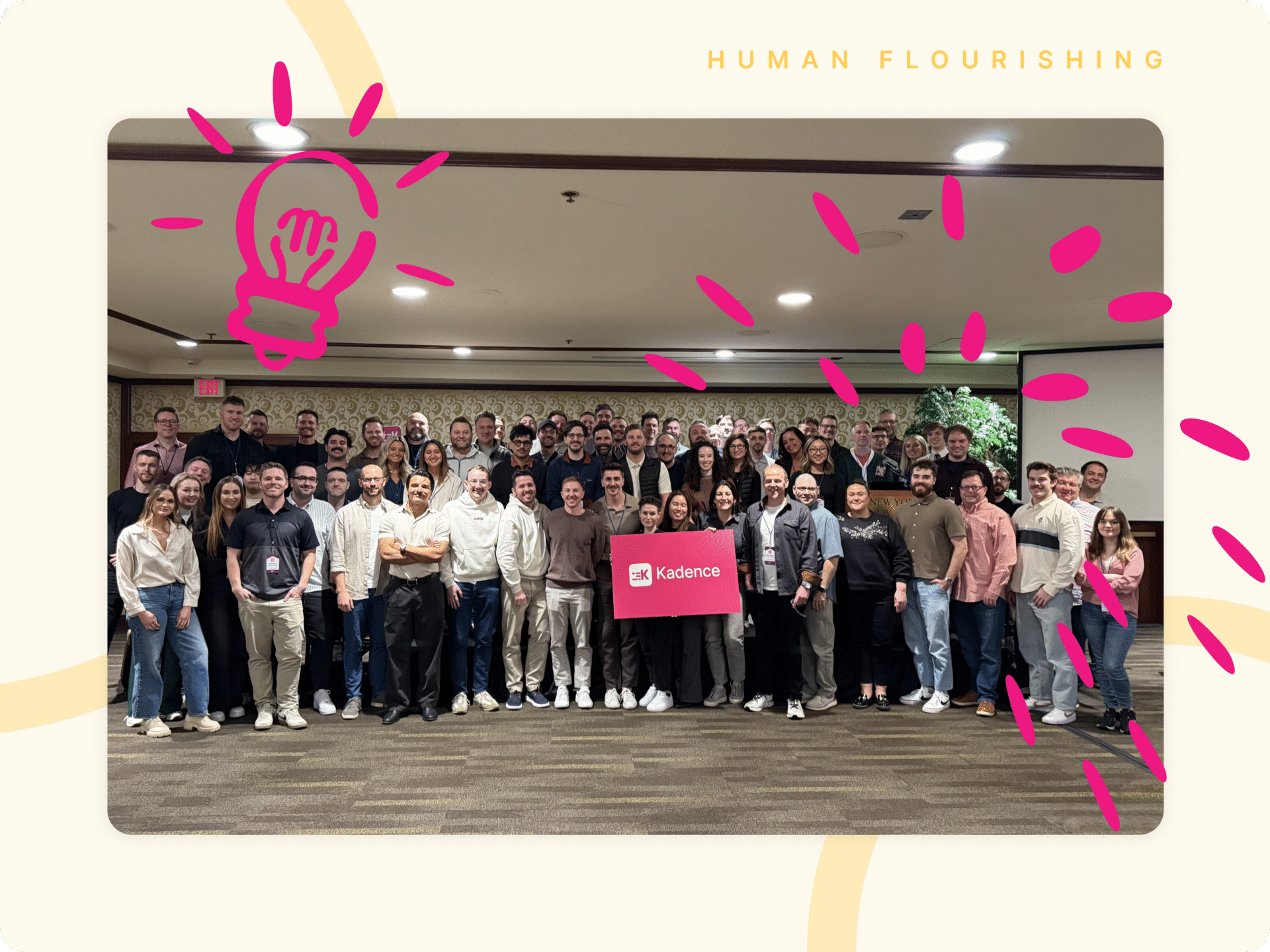4 Hybrid Employee Personas & Questions To Ask To Keep Them Happy
Have you ever stopped to think about the different employee personas in your office?
We bet you’ve got some people who like to get their head down, headphones on and work away in silence.
And others who are social butterflies, always networking and have their finger on the pulse of everything that’s going on. Then there’s the early-starters vs stay-laters. People with Post-it covered desks vs people with clean and clear desks. The list goes on.
With the freedom to work as we please, the past 18 months of remote working have amplified these differences. Planning a post-pandemic, hybrid workplace that accommodates everybody is a tall order.
Hybrid Working Employee Personas
If you’re tasked with helping your organization go hybrid, understanding the different workplace personas will put you in a great position to create an environment that works across the board.
It will help you judge the most effective office configuration, understand what support people might need, and gauge the cultural tone you need to strike.
You’ll probably have questions such as: how can you alleviate return-to-work anxiety? What systems do you need to smooth the transition? How do you keep different employees engaged?
To help, over the course of a new, four-part blog series, we’re taking a look at the most common hybrid workplace personas you’re likely to come across. Each blog will explore the characteristics and needs of a different type: the Soloist, the Adapter, the Culturalist and the Traditionalist. Here’s a sneak preview of each one.

The Soloist
Soloists have taken to remote working like ducks to water. They’re independent and thrive when left to get on with minimal intervention. The flexibility of remote work suits them. They don’t mind coming into the office for a meeting when required, but will default to working remotely whenever possible. They might live far from the office or have a busy family life.
The challenge for organizations is how to keep their Soloists engaged with the workplace culture and not allowing them to become too isolated. An inclusive approach to hybrid meetings and regular communication is key to ensuring they never feel left out.
Read more in our article: Hybrid Workplace Personas: The Soloist
The Adapter
The Adapter is flexible and always finds the best space for their work. They’re as happy getting their head down to focus at home or in a café as they are coming into the office. They expect a dynamic workplace culture that flexes to meet their needs. On days when they’re in the office, they’ll want not just meeting and collaboration space, but space to focus and do quiet work.
To keep Adapters happy, you’ll need to keep pace with tech that provides them with seamless transitions between home and office. Tech such as simple and intuitive space booking software, so they always know when to come in and where to sit. No fuss, no stress.
Read more in our article: Hybrid Workplace Personas: The Adapter
The Culturalist
The Culturalist thrives on human connection and enjoys the social experience of coming into the office more than most. They’ve missed bumping into colleagues in the corridor, after work drinks and the general buzz of office life.
They’re happy to come into the office regularly, but still want the flexibility to work from home for some of the week. You’ll need to provide them with intuitive tools that give them visibility of when and where their teammates are working, and easily bookable collaboration spaces.
Read more in our article: Hybrid Workplace Personas: The Culturalist
The Traditionalist
The Traditionalist favors the office. Given the opportunity, they’d go in every day and would like things to return to the pre-pandemic norm. They prefer to have their own assigned desk and might be troubled by the thought of hot desking or desk hoteling. As fans of structure, the flexibility of remote working doesn’t appeal.
Organizations catering for Traditionalists will need to find a way to strike a balance between the dynamic nature of hybrid working and the stability of an office-first workplace. An intuitive, agile system that enables workers to easily book regular desk space over a period of time will provide reassurance, make it easy for administrators to manage office space, and make sure favorite desks don’t get snapped up by hot-deskers!
Read more in our article: Hybrid Workplace Personas: The Traditionalist
You’ll probably have come across some, if not all, of these employee personas in your organization. Stay tuned for a deep dive into each one, including tips on how you can meet their needs and set up a hybrid workplace and culture that keeps each one of them happy.
As a first step, why not download our Employee Survey Tool Kit? It will help you understand your employees’ needs and routines in order to identify what kind of spaces, tools or solutions will create the best work experience for them.




